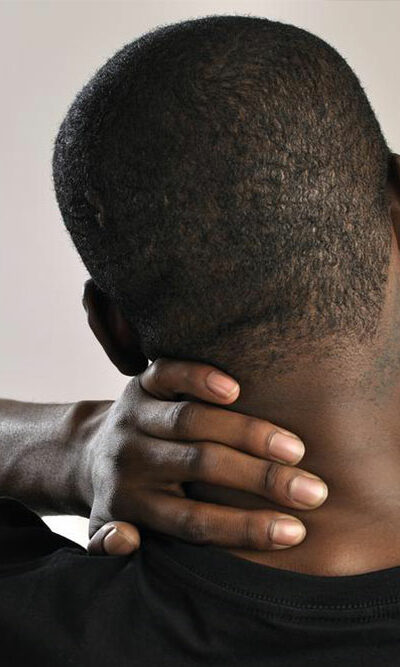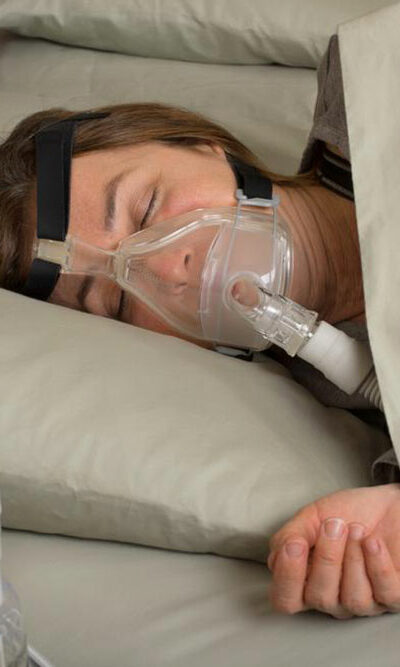
Do Not Ignore These Skin Cancer Symptoms
Some skin cancer symptoms are not as obvious as others. These are a few you should actively watch out for. The common assumption is that skin cancer symptoms and signs can only manifest on areas of skin that are exposed to the sun. While it is true that sun-exposed skin presents the primary area where skin cancer develops, this does not mean that skin cancer symptoms cannot show up in areas that almost never see the sun such as under your nails, on your palms or soles, on your genital area, etc. The problem with most skin cancer symptoms is that they can easily be mistaken for other skin issues. This often leads to a loss of time that prevents early diagnosis and a positive prognosis. By knowing the obvious as well as obscure skin cancer symptoms, you will know exactly what you need to watch out for, and which skin cancer symptoms should definitely not be ignored. Skin Cancer Symptoms to Watch Out For The first thing to understand is that there are a number of types of skin cancers that are classified under the broad marquee. These include basal cell skin cancers, squamous cell skin cancers, and melanoma. These are a few skin cancer symptoms you ought to wary about: If you have a sore or a spot that has consistently refused to heal for more than 4 weeks, it may be more than just a sore. Sores or spots that constantly itch, bleed, crust over, or get scabby for more than 4 weeks may be skin cancer symptoms. It is important to watch out for ulcers. An ulcer is basically an area that in the stages of breaking down, and is getting deeper. Once erosion takes place, ulcers ought to heal. If you find yourself facing an ulcer that does not heal within 4 weeks, and that too, for no apparent reason, do not ignore it as it is most likely to be one of the many skin cancer symptoms.










